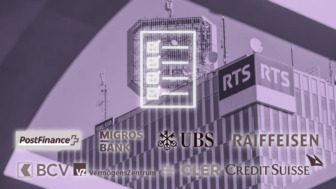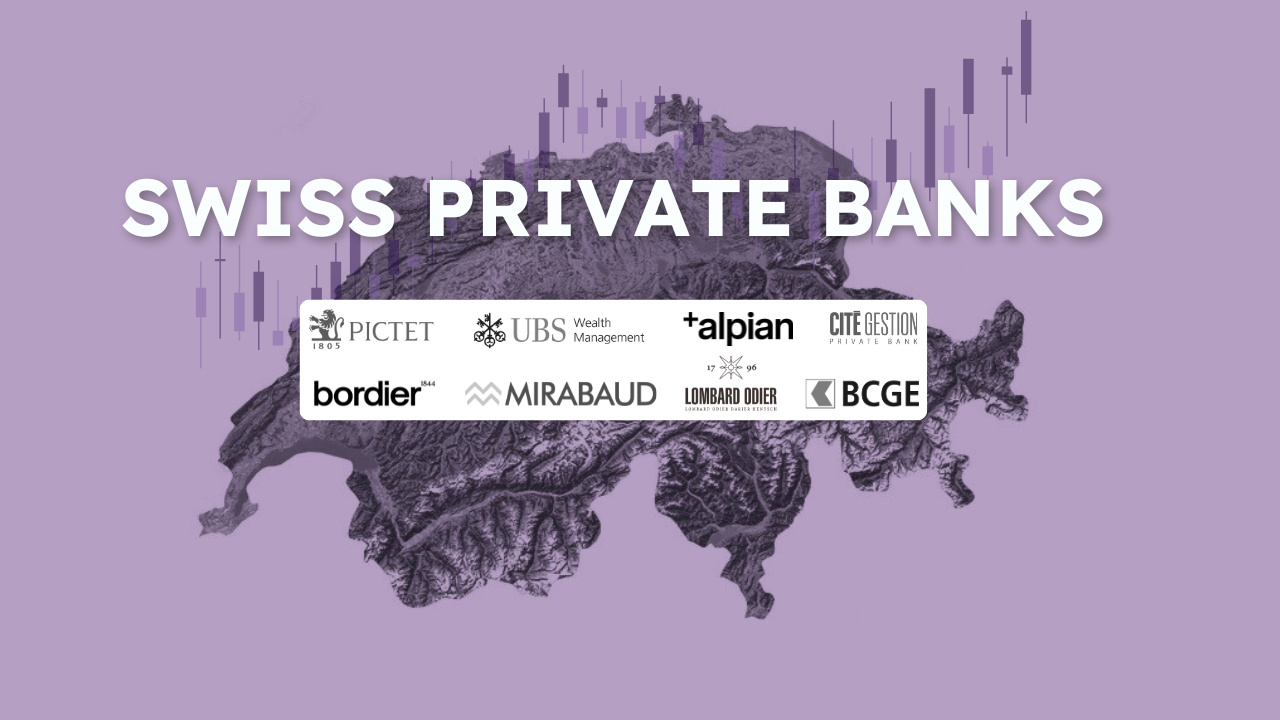
If you want to know everything about Swiss private banks, this article is for you. Private banking is evolving. It relies on digital technologies to offer tailored human support, with a more competitive management/fee ratio than ever before. It is now possible to access advanced management services, with a high degree of personalization, without having an immense fortune.
In the Swiss banking landscape, Lombard Odier, Pictet & Cie or Mirabaud coexist with the private divisions of UBS, Bank Migros or those of cantonal banks, but also newcomers like Alpian, which presents itself as Switzerland’s first digital private bank.
This guide lays out all the basics you need to know about private banks in Switzerland in 2025 to explore concrete options and know how to navigate. It specifically answers these questions:
– Private banking vs. wealth management: what’s the difference?
– What are the best Swiss private banks?
– What is the minimum amount for private banks?
– Is private banking suitable for novice investors?
– Can you find your way if you already use Swissquote, Selma or Yuh Invest?
– What alternatives are there for those who aren’t millionaires?
What is a Swiss private bank?
Definition
A Swiss private bank is a financial institution regulated by FINMA that strictly follows the same security and regulation rules as all other banks in Switzerland. Private banks offer a tailored service that includes wealth management through a personalized management mandate.
Private banks’ support can cover investments, taxation, estate planning, business acquisition and transfer, asset-backed loans allowing funds to be raised without selling investments, etc. Private banking also coordinates specialists such as lawyers, real estate agents, and tax consultants to manage all aspects of the client’s wealth.
The two approaches coexist but do not cater to the same types of clients.
Private banking:
– It’s a structure that offers comprehensive support for the entire wealth portfolio.
– The client benefits from a dedicated private advisor who manages a limited number of clients to offer tailored services (taxation, inheritance, investments, loans, etc.).
Wealth management:
– It’s a service focused on optimizing the financial portfolio, based on the client’s risk profile and objectives.
– It can be integrated into a private bank or offered independently, with a focus on investment performance.
Wealth management is, in principle, for anyone with assets seeking financial optimization. On the other hand, private banking, of which wealth management is a key element, is for those with more complex needs requiring greater personalization.
Why Switzerland is a Special Case
Multi-generational expertise
Swiss private banks often support families across multiple generations. They are experts in structuring holdings, estate planning, and wealth transfer.
Privileged access to sophisticated investments
Thanks to a well-established ecosystem of lawyers, tax experts, managers, and bankers, clients can access alternative investments such as private equity, “real estate or art”, often unavailable through traditional channels.
Quality of relationships
Private bankers remain in their positions for the long term, sometimes over 15 years in the same institution, ensuring optimal long-term follow-up thanks to perfect knowledge of the client’s assets.
Types of Swiss private banks
Traditional Swiss Private Banks
Examples: Pictet, Lombard Odier, Mirabaud
Traditional private banks are independent institutions or partnerships where owners commit their personal wealth. They focus on personalized support, emphasizing comprehensive wealth strategies tailored to each client’s specific needs.
The “Wealth Management” Divisions of Major Swiss Banks
Examples: UBS Wealth Management, cantonal banks
Wealth Management divisions are departments within large listed banks, benefiting from the stability of their parent group. Their approach is based on standardized solutions, with model portfolios managed by teams, making services more accessible but less personalized.
Swiss Digital Private Banks
Examples: Alpian (regulated by FINMA)
Digital private banks combine technology and human expertise with a hybrid model. Services are accessible via a mobile application, and fees are reduced. This model allows for personalized monitoring and an accessible minimum entry amount.
To access traditional private banking services, the entry threshold is often around CHF 500,000-1,000,000. Solutions like Alpian allow access from CHF 30,000.
Comparison of Private Banking Models in Switzerland
| Type of Actor | Minimum Amount | Estimated Fees | Management Style | Human Support | Level of personalization |
| Traditional Private Bank | > 500,000 CHF | High | Custom-Made | Dedicated private banker | Very high |
| Wealth management service | > 250,000 CHF | Medium | Standardized portfolio | Dedicated team | Moderate to high |
| Digital Private Bank | From CHF 30,000 | Reduced (~0.75%) | Hybrid (app + advisor) | Personal advisor (video) | Medium (individualized management) |
Alpian, Gonet, Lombard Odier, Mirabaud, Pictet: which private bank to choose?
Pictet, Lombard Odier, Mirabaud, Gonet or Bordier are the historical references in the sector. They are all part of the Association of Swiss Private Banks and Swiss private bankers. In Switzerland, institutions such as UBS, Banque Migros or certain cantonal banks have a division dedicated to private banking. Alpian adopts a comparable approach, with a Swiss banking license and a 100% digital interface.
The best private bank cannot be defined in absolute terms. It depends on:
– the client’s financial situation,
– their objectives (structuring, taxation, transmission…),
– the type of support sought.
What type of client is Swiss private banking for?
Private banking caters to several profiles.
For a Client with Complex Wealth Management Issues
The objective is no longer limited to “investing well”, but to structure wealth.
This involves:
– estate planning,
– creation of family holdings,
– tax optimization,
– divorce-related issues,
– multi-currency or international structuring.
Traditional private banks are the only ones to offer this depth, with:
– A dedicated private banker,
– An open architecture (third-party investment products),
– Access to alternative investments: real estate, unlisted companies (private equity), etc.
– The ability to work with legal/tax advisors.
A mandate with Pictet, Lombard Odier or Bordier makes sense in this context.
For a Client Seeking Real Support, without Having an Immense Wealth
When there is significant capital to manage (starting from CHF 30,000), but automated or standardized solutions offer neither human support nor a truly individualized strategy.
This involves:
– a personalized mandate,
– a human contact able to adjust choices,
– a practical interface to maintain control,
– transparent and, above all, predictable fees.
Alpian responds to this intermediate need:
– The wealth management mandate is accessible from CHF 30,000.
– There is real individual monitoring by an expert,
– The mobile application is pleasant and meets current standards,
– There are fixed fees at 0.75% all-inclusive.
Alpian’s offer is reserved for Swiss tax residents.
for a Client Already Using Swissquote, Selma, Yuh (or Others)
When managing investments alone, but this autonomous management shows its limits:
– increasing complexity of decisions (taxation, succession, risks),
– lack of global vision,
– lack of structure,
– risk of errors (emotional reactions, confirmation bias and lack of rebalancing).
Optimized management with Alpian allows for more rigor without losing the advantages of a digital solution:
– A strategy driven by optimized ETFs,
– Professional allocation,
– A human contact to arbitrate in case of doubt,
– 0.75% fixed fees, without surprises.
Not necessarily. Private banking is primarily for those looking to structure their wealth.
It is not designed for learning to invest or testing stocks.
However, some offers allow you to benefit from a personalized mandate, with human support, without having to manage alone.
This is the case with certain digital solutions such as Alpian which facilitate entry into investment with a long-term approach.
for Expatriates or Tax Residents outside Switzerland and Cross-Border Workers
When one doesn’t have access to all offers, but the wealth requires structured support on an international scale.
The challenges:
– Cross-border taxation,
– Multi-currency accounts,
– Reporting in compliance with the requirements of the country of residence.
There are two options depending on the amounts and needs:
– Traditional private banking if the situation is complex.
– The Wealth Management division of a large bank (UBS, Migros Bank, cantonal banks) if you need a structured but more accessible framework.
Private bank fees: what you need to know
For a long time, the fees applied in Swiss private management were not very transparent. You paid a percentage, entry fees, custody fees, sometimes even performance fees… without really knowing what all this represented.
With the arrival of digital private banks, the model has been simplified. Fees have become readable, predictable, and comparable. And this really changes the game:
Important: fees are not linear. They vary greatly depending on the amounts invested and the complexity of the service provided.
How much Does it Cost Depending on the Chosen Private Bank?
| Type of private bank Swiss | Minimum Amount | Typical fees | Example for CHF 100,000 |
| Traditional Private Bank | From CHF 500,000 | 1.5% – 2.0% (often degressive) | CHF 2,000 / year (excluding internal fees) |
| Bank Private Wealth Management | From CHF 250,000 | 1.0% – 1.5% + additional fees | CHF 1,250 – 1,500 / year |
| Digital Private Bank (Alpian) | From CHF 30,000 | 0.75% + ETF fees (0.20 – 0.25%) | CHF 950 – 1,000 / year |
For the same assets, the difference in fees can exceed CHF 1,000 per year. Over 10 years, one might think this could have a direct impact on net performance, but it must be put into perspective with the performance gain related to the guidance, which can make all the difference.
Fees for Traditional Private Banks
One often pays:
- management fees on assets (degressive beyond 1 MCHF),
- internal fees on funds (1.0 – 1.5% in active management),
- entry fees (up to 5% on certain funds),
- performance fees,
- custody fees, often charged additionally.
For example: at Pictet, some thematic funds have an entry fee of 5%. At Mirabaud, a minimum of CHF 1,000 per semester applies, even for small portfolios.
Fees for Private Wealth Management with a Retail Bank
The pricing is more readable, but tied to highly standardized portfolios.
Example: UBS charges between 1.0% and 1.5% depending on the risk profile,
- 0.2% custody fee + in-house products loaded with retrocessions.
Fees for a Digital Private Bank (Alpian)
A private bank like Alpian offers a streamlined model:
- 0.75% management fee,
- 0.20 – 0.25% integrated ETF fees,
- No hidden fees (custody, entry, exit, or retrocession),
- Tax report included.
The absence of hidden fees changes the game, especially for assets between CHF 30,000 and 300,000.
What to Expect Based on your Assets?
With CHF 30,000 to CHF 250,000
- Traditional private bank: threshold too low, very restricted access.
- Bank private management: little personalization, model portfolios.
- Digital private bank (Alpian): individualized mandate + human monitoring + limited fees.
With CHF 500,000 to CHF 1m
- The cumulative fees in a traditional bank can reach CHF 6,000/year.
- The digital private bank (Alpian) offers a rigorous framework, but without access to certain complex products.
- Traditional private banks still retain the advantage if you need:
- complex estate structuring,
- international taxation,
- access to alternative investments (private equity, hedge funds, etc.).
It all depends on the purpose you expect from the service.
High Fees for Private Management: when are They Really Justified?
Some investors assume that “paying more = better performance”. But nothing guarantees this.
According to the digital private bank (Alpian), 95% of active managers do not beat the indices in the long term. Yet, these active funds continue to be offered, often with:
- internal fees exceeding 1.5%,
- high entry and exit fees.
Conversely, the digital private bank (Alpian) invests only via low-cost ETFs (0.1 – 0.3%) while ensuring human monitoring.
Conclusion:
If your goal is long-term net performance,
and if your situation does not require complex asset structuring, then a digital mandate with ETFs remains the most rational up to ~500,000 – 1 million CHF, if not more.
Retrocessions are commissions that the bank receives from issuers of financial products it incorporates into a client’s portfolio. This can create a bias: some products are recommended not for their quality, but because they generate income for the bank.
In traditional private banks, this model remains common, especially when they distribute their own products.
Other actors, like Alpian, deviate from this: they do not offer in-house products, accept no retrocessions, and are remunerated solely through transparent management fees. This limits conflicts of interest and ensures independent product selection.
Opening an account in a Swiss private bank
What to Prepare
Before opening an account, you must be able to demonstrate the source of funds (inheritance, savings, asset sales…) and have a clear tax situation. But this is not enough: a private bank will also seek to verify that your expectations are compatible with its offerings — particularly in terms of minimum amount, investment horizon, or specific wealth management needs (transfer, taxation, multi-currency…).
The more comprehensive guidance you seek, the more the institution will try to validate the consistency between your profile and its investment philosophy.
Account Opening Timeframes
| Type of Actor | Timeframes (2025) | Opening Procedure |
| Traditional Private Bank | 10 to 20 business days | In-person interview, complete file, internal validation |
| Bank Private Wealth Management | 5 to 10 business days | Online form + call or appointment |
| Digital Private Bank (Alpian) | 1 to 2 business days | 100% online (app, passport, selfie) |
The process is faster with digital banks, but each actor remains subject to strict identity verification and source of funds obligations (KYC).
Yes, but conditions vary greatly. Traditional private banks may accept non-resident clients, often through a lawyer or family office. Retail banks are more accessible to European residents with complete documentation. Conversely, digital private banking (Alpian) is reserved for Swiss tax residents with a B, C, or L permit.
How do other digital wealth management solutions compare?
Some Swiss apps or robo-advisors offer simple, sometimes automated investment. But they do not fall under private banking. This section helps you situate yourself if you already use Selma, Swissquote, or Yuh and are considering more structured management.
Robo-advisors like Selma: Automated, but without Wealth Planning Vision
Selma is not a bank and does not offer any tailored mandates. The experience is 100% automated, via a chatbot, with standardized ETF portfolios.
Fees: between 0.42% and 0.68% depending on assets, plus ETF fees (~0.2%).
✔︎ Simplicity
✔︎ Good tools for pillar 3a
✔︎ Few hidden fees
✘ No wealth strategy
✘ Generic taxation
✘ No integrated bank account
Investment Apps, like Yuh, Neon, Swissquote
Designed for self-investing, these apps offer neither mandates nor guidance.
- Yuh: ETFs, cryptos, fee-free monthly plans
- Neon: Swiss/international ETFs from the app
- Swissquote: Full market access (ETFs, stocks, crypto, Lombard…)
✔︎ Total autonomy
✔︎ Low purchase fees (~0.5%)
✔︎ Wide access to products
✘ No wealth management follow-up
✘ No taxation or transfer services
✘ Little to no human access (except Swissquote, paid)
Comparison of Digital Management Solutions
| Actor | Personalized Mandate | Human Support | Fees (100k CHF) |
| Digital Private Bank (Alpian) | ✔︎ Yes (from 30k CHF) | ✔︎ Yes (video/chat) | ~950–1,000 CHF/year |
| Selma | ✘ No | ✘ No | ~640–900 CHF/year |
| Yuh | ✘ No | ✘ No | ~145 CHF (20k US ETF) |
| Neon | ✘ No | ✘ No | ~100–200 CHF |
| Swissquote | ✘ No | Paid (>500 CHF) | ~380 CHF/year |
Key Takeaways
Digital solutions like Yuh, Neon, or Selma are interesting for starting or investing alone at low cost.
But they don’t cover taxation, inheritance, or wealth structuring (among other things).
For those who want guidance without incurring the high costs of traditional private banking, digital private banking (Alpian) remains the most comprehensive option under 500,000 CHF.
Conclusion: What is a Swiss Private Bank (Really) for in %%Currentyear%%?
It’s a fact. You don’t need to be a multi-millionaire to want to manage your wealth well.
As soon as you seek guidance and want to build a truly personalized portfolio, with a clear strategy and a solution that stands the test of time, private banking is a relevant option.
This guide clearly shows:
1️⃣ Private wealth management is no longer reserved for the very wealthy.
2️⃣ Solutions like digital private banking (Alpian) make it possible to obtain real management of your investments, with a dedicated advisor, a strategy aligned with your goals, and monitoring tailored to your profile from 30,000 CHF.
3️⃣ You can access management built around your needs with a human contact, while keeping a simple app to monitor and adjust your investments, without exploding fees.
The real question is no longer: “Do I have enough to do it?”, but rather:
Do I want to manage everything myself or benefit from personalized guidance?
The real choice is there.
You may well want to manage everything yourself: choose your ETFs, control your allocation, make your arbitrages. But doing it consistently, avoiding emotional errors over time, making the right adjustments at the right time requires rigorous discipline.
On the other hand, staying with a retail bank with a generic mandate doesn’t necessarily guarantee a 100% tailored solution.
Under 250,000 CHF, you often inherit a standard portfolio with risk variations, in-house products loaded with fees, and limited follow-up. You pay without always understanding what you’re getting in return. This is a classic feeling.
Between these two extremes, hybrid solutions are emerging. Alpian is the first example in Switzerland. This model offers:
– a strategy aligned with your objectives, sectoral, geographical, and ethical preferences,
– a dedicated advisor, easily accessible and unlimited,
– transparent fees, without retrocessions or hidden costs,
– a pleasant digital interface, without sacrificing serious monitoring.
For many people, this is the balance point that was missing until now:
Having a real strategy, precisely and permanently managed, without the heaviness (or fees) of a traditional private bank.
And for those with more complex wealth issues (inheritance structuring, international taxation, alternative investments…), the major historical private banks like Pictet or Lombard Odier remain solid references. But they address specific needs, rarely present under 500,000 CHF.
In 2025, private banking is no longer a matter of status. It’s now a tool available to more clients, to better manage their wealth with the right level of support.
Also read
- Review and test of investing with Alpian
- Complete Review and Opinion on Managed by Alpian
- Review and Test of Selma, the Investment Platform
- Private banking in Switzerland: 5 key points to watch
LEARN MORE ABOUT SWISS PRIVATE BANKS:
Here are additional explanations to understand the specificities of the main players in private banking in Switzerland. Each section allows you to deepen your knowledge by focusing particularly on the differentiating factors of each bank.
Private Banks (Privately Held Limited Companies) and Their Specificities
All are members of the Association of Swiss Private Banks.
Pictet & Cie (Geneva)
Pictet refuses any commercial credit or investment banking activity: its business is exclusively wealth management. Governance is ensured by a small circle of partners, which guarantees exceptional stability. Pictet is also recognized for its sophisticated international structuring solutions (for example, creating Luxembourg funds to optimize the transfer or taxation of large family fortunes).
Lombard Odier Darier Hentsch (Geneva)
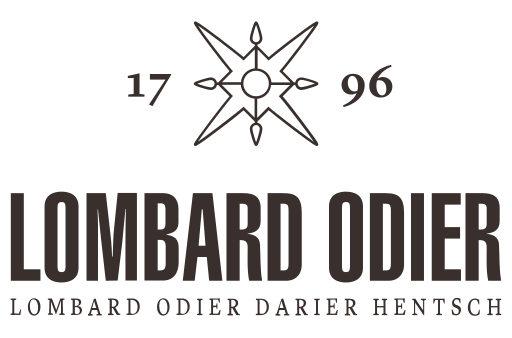
Lombard Odier is the Swiss reference in sustainable investment. It has developed its own analysis method (CLIC®) to evaluate the environmental and social impact of investments and does not hesitate to exclude entire sectors (such as coal or oil) from its clients’ portfolios. It also supports many entrepreneurial families in structuring and transferring their wealth internationally.
Mirabaud Cie (Geneva)
Mirabaud distinguishes itself by supporting entrepreneurs and family businesses, particularly through structured financing (mini-bonds, loans on real assets). The bank also offers wealth management integrating automatic carbon offsetting of portfolios, a rarity in Switzerland. It has a strong tradition of advising on real assets, such as art or real estate.
Cité Gestion SA (Geneva)
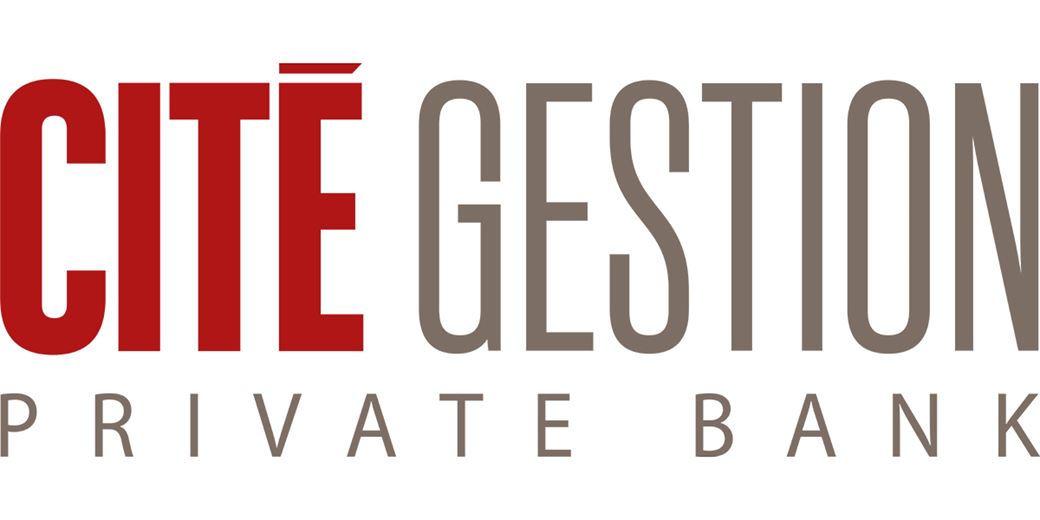
The smallest of the members, Cité Gestion focuses on institutional management and the very specific needs of family offices and foundations. It offers great flexibility, especially for clients who wish to delegate the management of complex or multi-bank portfolios, with tailor-made solutions impossible to find in large groups.
Digital Private Banks
Alpian (Geneva)
The first of its kind in Switzerland, Alpian is a Swiss digital private bank targeting clients with intermediate wealth (CHF 100,000 to 1 million), offering 100% mobile management without physical branches: everything is done via an application with direct access to human advisors through chat or video conference, active portfolio management from CHF 10,000, total transparency on fees, high-end multi-currency bank card and integrated educational content to support each client in their financial choices, thus embodying a new generation of private banking that combines technology and human expertise.
Private Bankers with Unlimited Liability and Their Particularities
All are members of the Swiss Private Bankers Association.

Bordier Cie (Geneva)
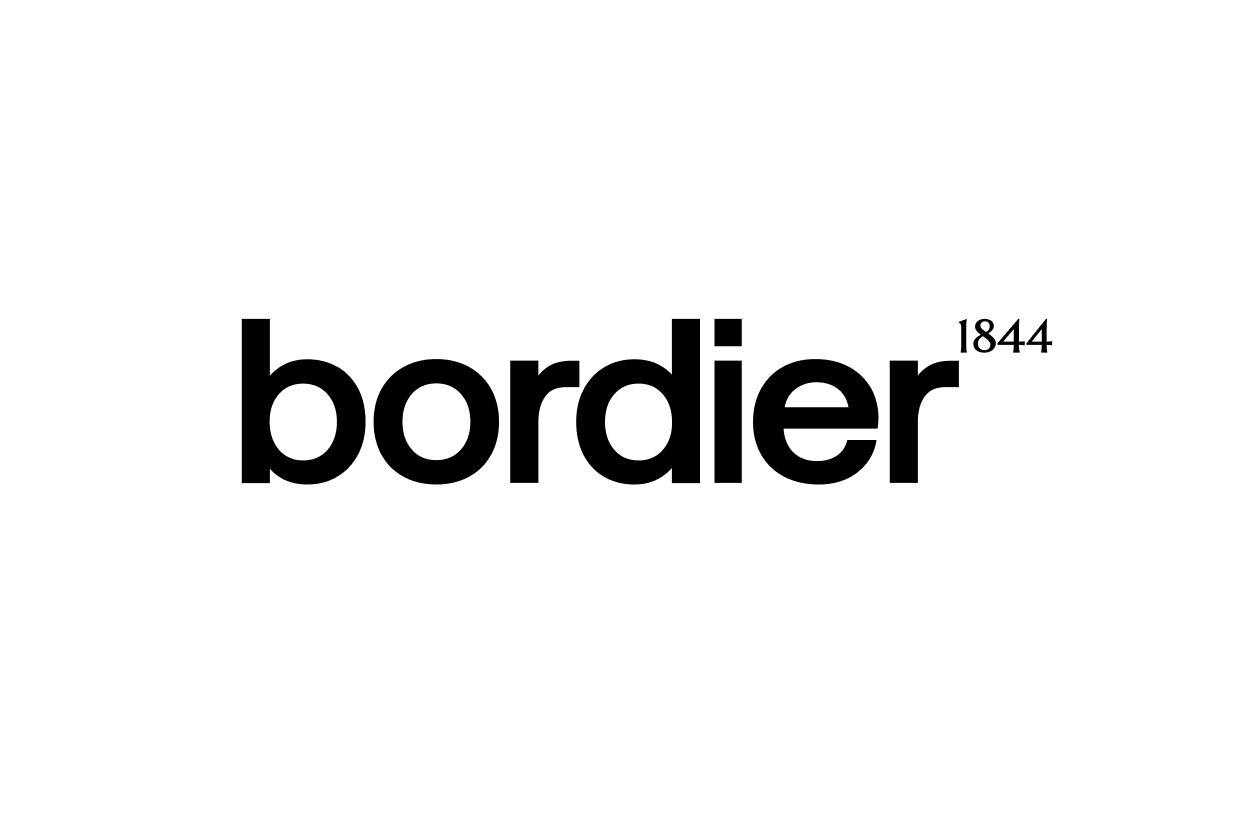
At Bordier, partners commit their personal fortune to the bank’s risks. This creates a culture of extreme caution: every investment decision is made with both the client’s protection and that of the Bordier family itself in mind. The client relationship is direct: here, there’s no opaque hierarchy, but immediate access to one of the partners. Bordier is also known for accepting highly personalized mandates, sometimes for families wishing to manage atypical assets (agricultural land, collections, unlisted participations).
E. Gutzwiller Cie Banquiers (Basel)

A discreet family bank, E. Gutzwiller Cie Banquiers favors industrial clients and entrepreneurs from the Basel region. Here, management is resolutely traditional: little financial innovation, but unwavering fidelity to prudent portfolios, often composed of Swiss stocks and quality bonds. Investment decisions are made collectively by the partners, who remain accessible to clients, sometimes for several generations.
Rahn+Bodmer Co. (Zurich)
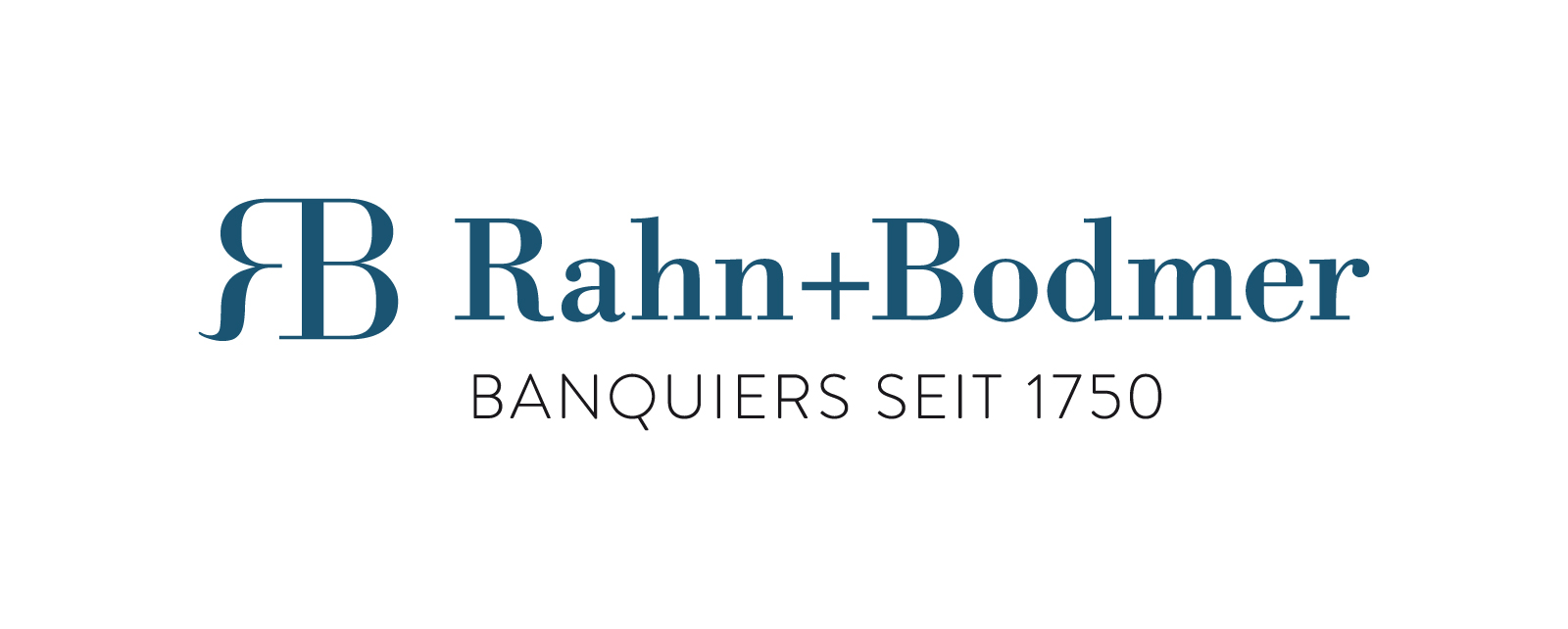
Rahn+Bodmer is the oldest private bank in Zurich. Its trademark: supporting families over several generations, with recognized expertise in estate planning and business transmission. The bank is renowned for its absolute discretion and its ability to structure complex assets, often for international families settled in Switzerland.
Reichmuth Co (Lucerne)

The only Swiss private bank to offer accounts fully backed by physical gold: the client can, if desired, request delivery of their gold. Reichmuth Co is also recognized for its investments in infrastructure (roads, renewable energies) and for its highly personalized approach to inflation protection strategies.
Private Wealth Management of Swiss Retail Banks
UBS – Wealth Management

UBS Wealth Management is led from Zurich by a team where management stability is the norm: some executive committee members come from families that have worked at UBS for generations. The bank recently conducted a large-scale “cleanup” of its client base, identifying 3,500 relationships deemed insufficiently profitable to refocus support on families and entrepreneurs with complex wealth issues. A UBS advisor has already followed three generations of the same family, from business creation to international succession.
Migros Bank – Wealth Management
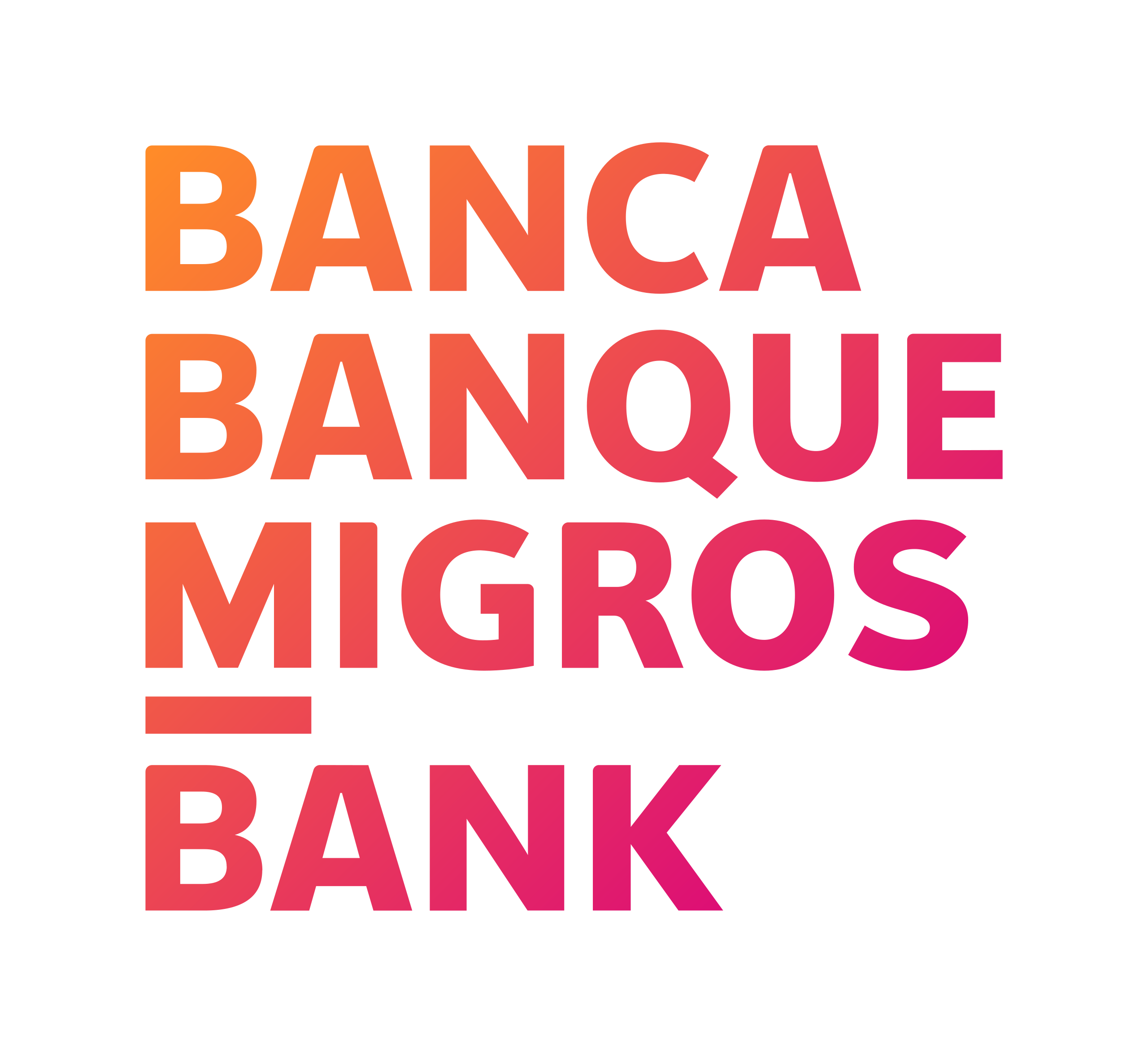
Migros Bank remains true to its cooperative roots: the majority of its private management clients come from Swiss middle-class families, some of whom have been customers since the opening of the first counter in Zurich in 1958. The bank has made a discreet shift towards wealth management while maintaining its popular roots: when creating the “Premium Banking” service, management consulted a panel of long-standing clients to ensure the new direction would not betray the Migros spirit. It’s not uncommon for clients to come as a family, sometimes spanning three generations, to discuss their financial future.
Geneva Cantonal Bank (BCGE) – Private Banking

BCGE is deeply tied to Geneva’s economic history: after the real estate crisis of the 1990s, the bank was rescued by the canton but never directly repaid the billions advanced by the community. Today, BCGE returns 26% of its profits annually in dividends to Geneva, and the book value of the share has multiplied by more than ten since the bailout. During annual meetings, it is tradition for the president to personally meet with representatives of the State and City of Geneva to ‘take the pulse’ of the canton.
Vaud Cantonal Bank (BCV) – Wealth Management

BCV, founded in 1845, is one of the few Swiss banks to have weathered all major crises without service interruption. The loyalty of advisors is legendary: some have been supporting the same Vaud families for over 30 years, sometimes managing three generations of the same client. During an internal event, an advisor recounted having assisted in the transfer of an agricultural operation, then the creation of a family foundation, and finally the relocation of grandchildren abroad, all while remaining the family’s sole point of contact.
Zurich Cantonal Bank (ZKB) – Private Banking

ZKB is the largest Swiss cantonal bank and the leader in the Swiss capital market. In 2024, the bank supported 14 IPOs and 117 bond issues, playing a key role in financing the Zurich and national economy. A notable fact: during the 2008 financial crisis, ZKB was the only major Swiss bank not to request public aid, strengthening its reputation for solidity and prudent management. Several Zurich families who have been clients for over a century still keep paper ZKB shares in their safe deposit boxes.
Bern Cantonal Bank (BCBE/BEKB) – Private Banking

BCBE, independent and publicly listed, has chosen to anchor its asset management team in Bern itself to ensure real proximity to its clients. Advisors draw inspiration from the elements of earth, water, air, and fire to develop their management philosophy, referencing the diversity of the Canton of Bern. Clients sometimes propose local investment ideas themselves, which are then integrated into the family’s wealth strategy, illustrating the bank’s participatory and regional spirit.
The Comprehensive List of Swiss Private Banks in %%Currentyear%%
The list includes members of both professional associations and all private banks active in wealth management in Switzerland.
The Main Centers of Swiss Private Banking

The three major hubs of Swiss private banking – Geneva, Lugano, and Zurich – each have their own identity, history, and strengths. Each of these financial centers plays a key role in the attractiveness of Swiss private banking by combining tradition, innovation, and local expertise.
Geneva and Private Banking
Geneva is the Swiss city with the highest concentration of private banks per capita. In 2025, over 120 financial institutions are established there, including about thirty specializing in wealth management. The majority of clients opening accounts in Geneva reside abroad: according to the Geneva Financial Center Foundation, nearly 60% of assets managed in Geneva come from international clients. Geneva also hosts major industry events each year, such as the “Geneva Wealth Day Forum” organized by Hubfinance, which in 2025 brought together several hundred wealth management professionals from all over Europe. The city also remains the Swiss center for sustainable finance: in 2024, 40% of new private management mandates in Geneva included ESG (Environmental, Social, Governance) criteria.
Lugano and Private Banking
Lugano is Switzerland’s gateway for wealthy Italian clientele. In 2025, about 45% of private banking clients in the city reside in Italy or have family ties there. Lugano’s city center concentrates about fifty bank headquarters within less than two square kilometers. The city recently launched the “Lugano Living Lab” project, which aims to make Lugano a laboratory for financial innovation, particularly in blockchain and asset tokenization: in March 2025, the first tokenized real estate transaction in Switzerland was carried out in Lugano. The city is also known for its networking events: every spring, the “Ticino Family Office Day” brings together the biggest players in cross-border wealth management.
Zurich and Private Banking
Zurich alone manages more than half of Swiss private assets, amounting to nearly 1,500 billion francs in 2025. Paradeplatz, in the heart of the city, is nicknamed the “golden square” of private banking: it’s where the headquarters of giants like UBS, Julius Baer, and Vontobel are located. Zurich is also the Swiss city that invests the most in the digitalization of banking services: in 2025, over 70% of new private clients open their accounts via a digital or hybrid interface. The city hosts the annual “Swiss Private Banking Day”, where leaders of major banks present innovations in wealth management. Zurich is also the main training center for Swiss private bankers, with more than 1,000 students enrolled in the CAS Private Banking program at the University of Zurich in 2024-2025.



